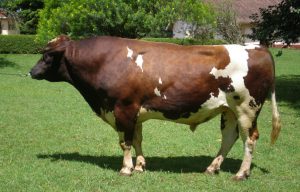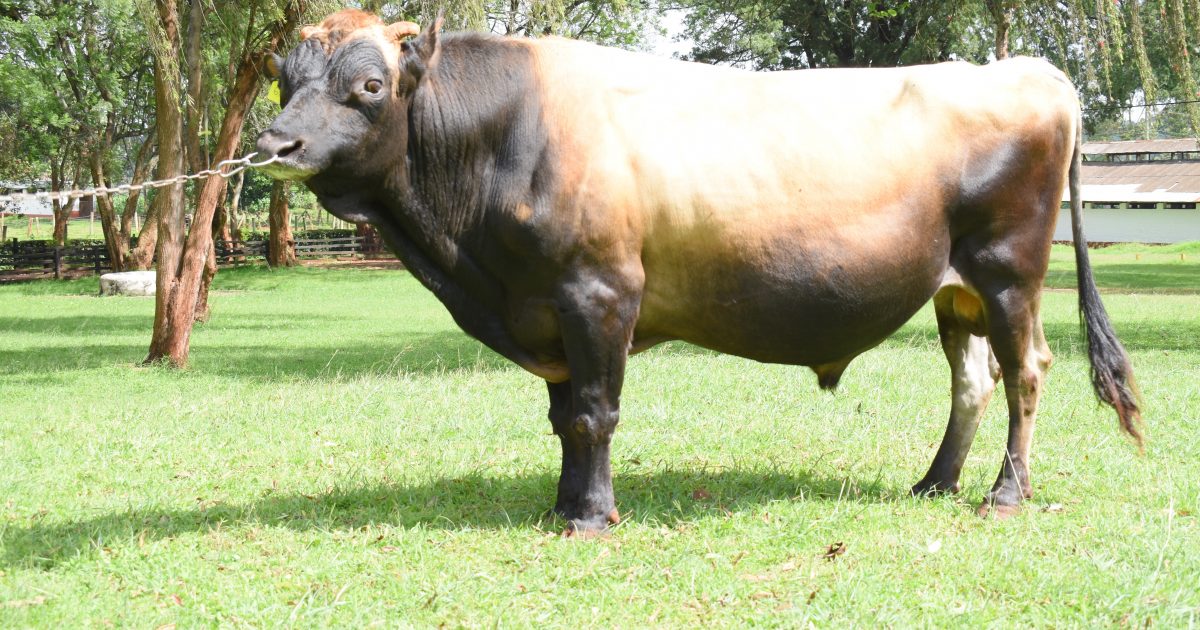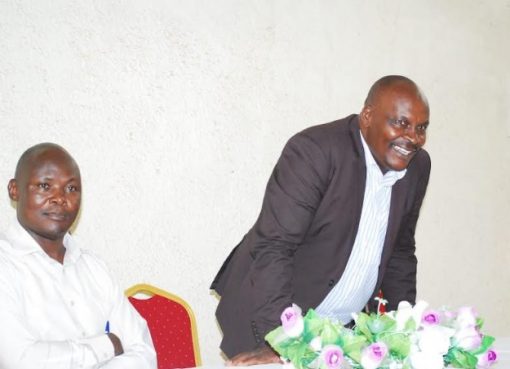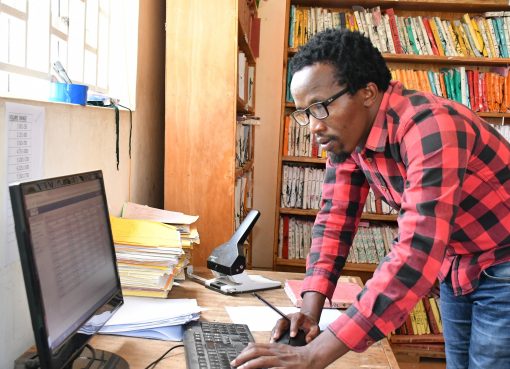The Government is set to establish an Embryo Transfer Centre in Eldoret for Kenya Animal Genetic Resource Centre (KAGRC) at a cost of Sh600 million to enable farmers access artificial insemination services for the next three years.
The centre is expected to increase the number of offspring that a genetically superior cow can produce under the new Embryo Transfer Technology (ET) and land has been identified to develop the centre in Eldoret.

Dr. David K. Kios, Managing Director at Kenya Animal Genetic Resources Centre indicated that the embryo transfer involves Multiple Ovulations and Embryo Transfer (MOET), also known as in Vivo Embryo Production and in vitro embryo production processes.
“MOET is the process that involves the superovulation of donor cows using hormones to increase the number of ova ovulated, followed by insemination and flushing of the uterus to recover the embryos,” said Dr. Kios.
He noted that although Embryo Transfer Technology (ET) has been practiced on a small scale for over 30 years in Kenya, adoption of this technology by most dairy farmers has been slow.
This has been attributed to few trained professionals in ET, lack of infrastructure for ET, and the prohibitive cost of importation of embryos into the country.
Dr. Kios indicated it has been demonstrated that biotechnology, if transferred to small-scale dairy cattle farmers, has the potential to improve the production of their livestock.
“The reproductive potential of a cow could be enormously enhanced considering the numerous viable ova (approximately (200,000) they contain in their ovaries,” said Kios
The centre is focusing on artificial insemination where hundreds of offspring are realised, compared to natural mating, where an average cow will have one calf per year. This indicates that a cow can produce 8 to 10 calves in its entire life.
Embryo transplant is considered a very important technology that will aid farmers in production of heifers using a surrogate mother by using Artificial Insemination Technology.
The Embryo transplant will increase Dairy production, where a single cow is expected to produce over 70 litres in a day through the heifers that will be realised through artificial insemination.
Regional Extension Service Officer Regina Koech said they have already done the piloting exercise and distribution of Artificial Insemination (AI) kits in various wards in Uasin Gishu County and training of farmers in regards to the programme.
“We target a group of farmers in creating a model farmer who will then assist to influence other farmers in understanding the embryo transfer process. It’s cumbersome to train individual farmers because we have not categorised farmers, hence it will be hard to introduce a new program which might be perceived to be of personal interest,” said Ms Regina
The government expects 10,000 heifers born and transferred to farmers, increased milk production, 5,000 bulls annually, 5,000 bucks for local and export markets and expected to be a game changer in dairy production from the current 5.2 billion litres annually to a higher production.
The centre also has an expectation of training 109 technical personnel on embryo transfer techniques in all the counties; this will sum up as a job and wealth creation entity to spur our economic growth.
The embryo transfer is in line with President Uhuru’s big four agenda of 100% food and nutrition security in Kenya.
By Hassan Adan Ali





